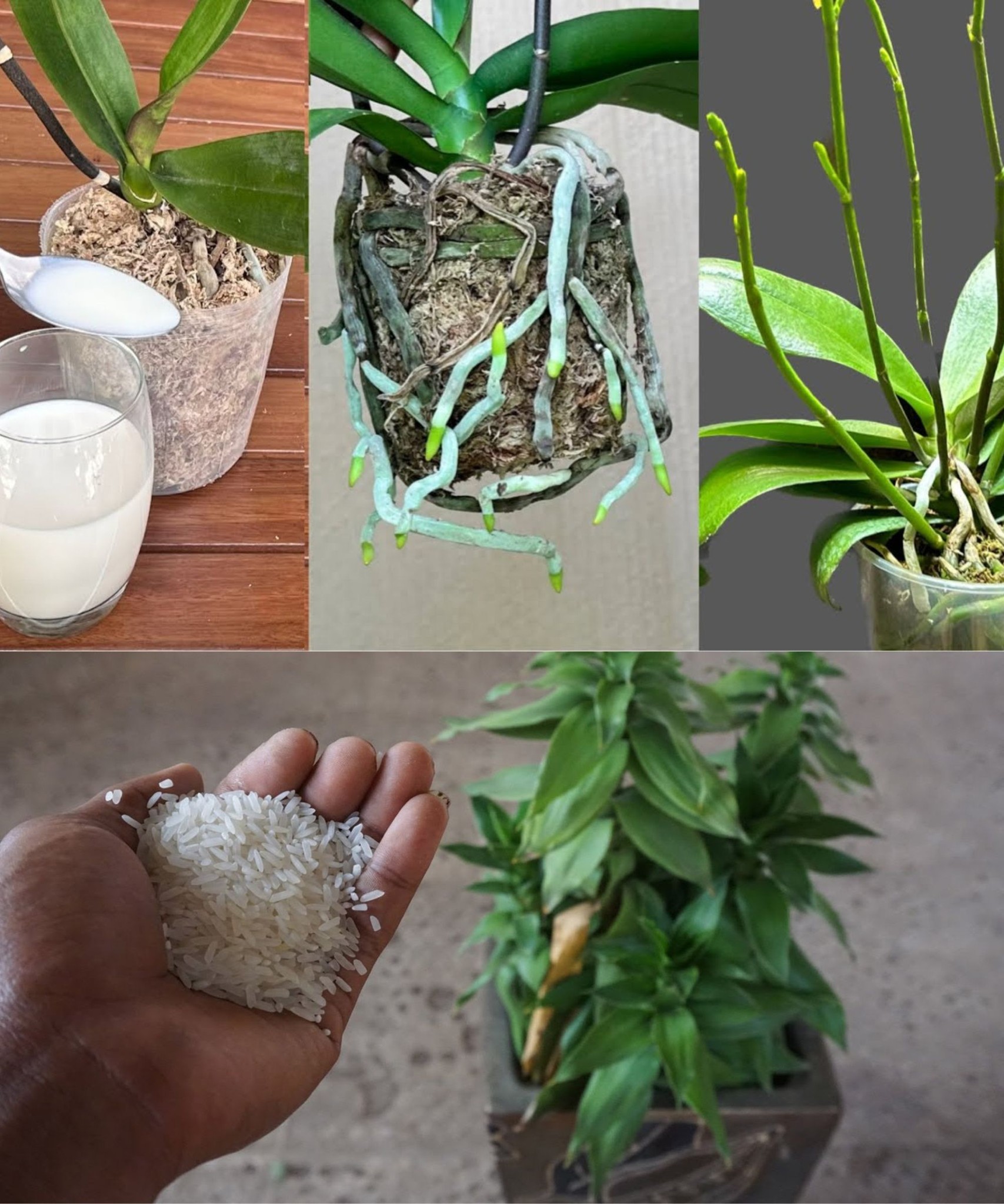
In our daily routines, we often discard food remnants without realizing their potential as rich sources of potassium and calcium. These overlooked kitchen scraps can be repurposed to create cost-effective, homemade organic fertilizers, benefiting both your plants and the environment.
While store-bought fertilizers are readily available, crafting your own at home not only saves money but also reduces waste. If you’re keen on enhancing your plant’s growth and promoting flourishing blooms, here are five easy and economical methods to prepare organic fertilizers.
1. Banana Peel Organic Fertilizer Banana peels are packed with potassium, a vital mineral alongside nitrogen for plant nourishment. Potassium plays a crucial role in photosynthesis and the development of robust plant tissues. Additionally, it aids in rejuvenating plants during reduced flowering periods.
Instructions:
- Cut banana peels into pieces and simmer them for approximately 15 minutes.
- Allow the mixture to cool, strain it, and transfer the liquid to a spray bottle.
- Spritz the organic fertilizer around the base of your plants.
2. Apple Cider Vinegar Fertilizer Apple cider vinegar, rich in acetic acid, proves beneficial for plants requiring acidic soil. Its nutrient absorption assists in optimal plant growth and prevents leaf dehydration.
Instructions:
- Add a tablespoon of apple cider vinegar to the water used for watering your plants.
- Repeat this application at least once a month.
3. Eggshell Organic Fertilizer Eggshells, a commonly discarded item, are among the most used ingredients for natural fertilizers. Abundant in calcium, they prevent plant rot and are particularly effective for tomatoes, peppers, and eggplants.
Instructions:
- Crush eggshells and incorporate them directly into the soil.
- Alternatively, grind them into a powder for easier application.
4. Ash Fertilizer While a bit more involved, ash fertilizer is highly effective in promoting flower and fruit maturation. Ash contains substantial amounts of potassium and phosphorus, essential nutrients for plant growth. Moreover, it acts as a natural repellent against ants and other insects.
Instructions:
- Dilute wood ash in water, then pour the liquid into the plant’s soil.
- Alternatively, spread ash on the soil surface, maintaining a distance of 2-3 centimeters from the stem.
5. Seaweed Natural Fertilizer Easily found in specialty stores, both fresh and dried seaweed contains potent trace elements that stimulate plant growth and flowering.
Instructions:
- Cut seaweed into pieces and soak them in water for 2-3 weeks.
- Use the resulting liquid to water your plants.
By incorporating these DIY organic fertilizers into your gardening routine, you not only foster a healthier environment for your plants but also contribute to sustainable practices, turning kitchen waste into a valuable resource.